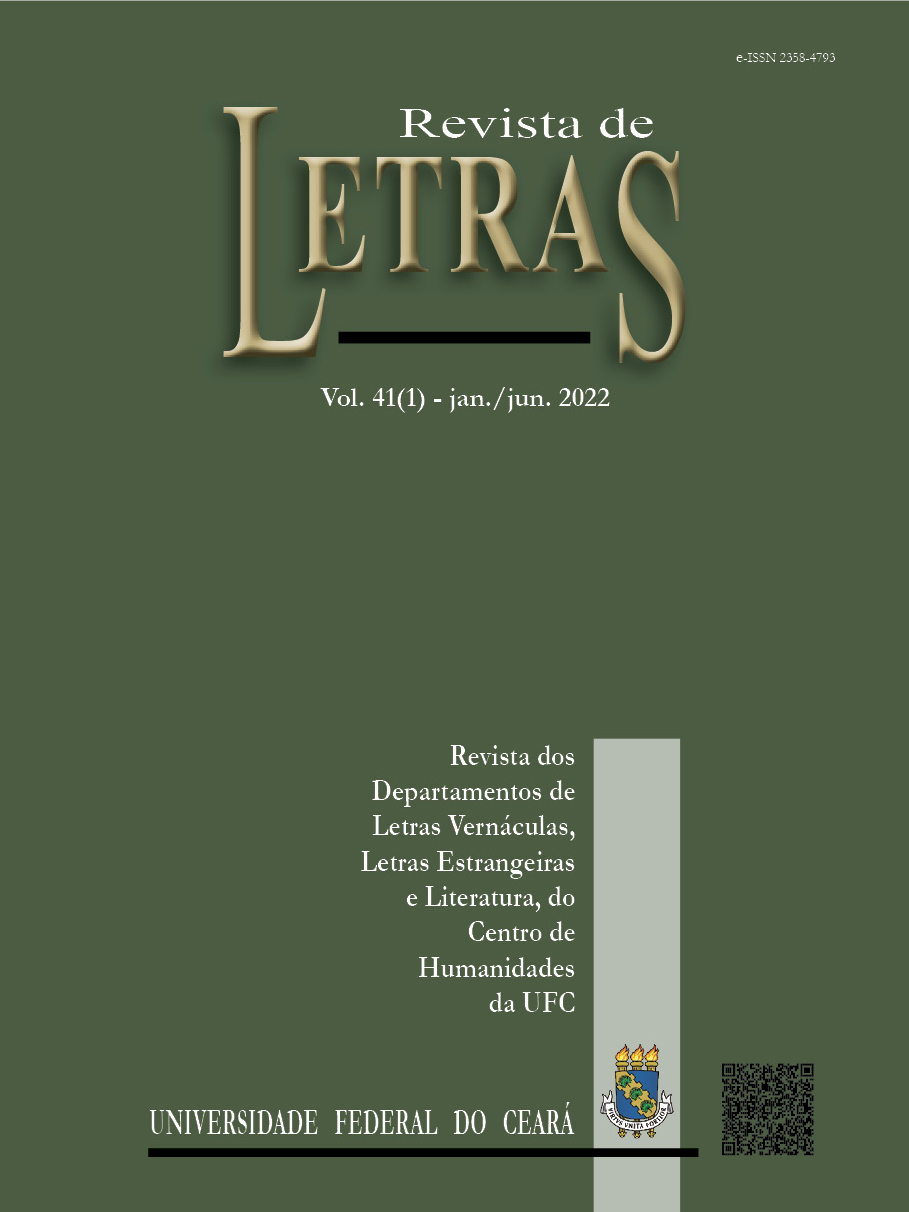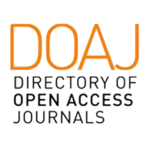O APELO INTERTEXTUAL COMO ESTRATÉGIA DE DESQUALIFICAÇÃO DO OUTRO EM POLÊMICAS
DOI:
https://doi.org/10.36517/revletras.41.1.3Abstract
The present work arises from the discussions held in the UNILAB's Study Group in Textual Linguistics (GELT), the UFC's Study Group in Textual Linguistics (Protexto/UFC) and by the research project entitled "Polemical Argumentation in digital media genres" (FUNCAP/CNPq, 2019-2020). Using the Argumentation Theory in Discourse, as proposed by Amossy (2018), and supported by the analytical methods of Textual Linguistics, defined in Cavalcante (2016) and Macedo (2018), we will present the analyses of a polemical interaction, in comments/responses conveyed in a publication by Guilherme Boulos, in his official Twitter profile, associated to the Socialism and Freedom Party (PSOL). Boulos was a candidate for mayor of São Paulo in 2020, in a pandemic context of the Coronavirus, the publication and the selected comments/responses are from that period. We analyze, from bibliographical surveys, how intertextuality is used to disqualify the image of the other/adversary within the polemic. We lean on Carvalho's studies (2018), about broad and strict intertextualities, to identify in the comments/responses the use of intertextual processes, such as broad and strict allusion, used as strategies to disqualify the other's image. The findings of this study will contribute to show how the subjects can use the disqualification of the other, within the polemical argumentative modality, from textual strategies, such as intertextuality.
KEYWORDS: Argumentation. Textual Linguistics. Polemic. Twitter.
Downloads
Downloads
Published
How to Cite
Issue
Section
License
Autores que publicam nesta revista concordam com os seguintes termos:- Autores mantêm os direitos autorais e concedem à revista o direito de primeira publicação, com o trabalho simultaneamente licenciado sob a Licença Creative Commons Attribution que permite o compartilhamento do trabalho com reconhecimento da autoria e publicação inicial nesta revista.
- Autores têm autorização para assumir contratos adicionais separadamente, para distribuição não-exclusiva da versão do trabalho publicada nesta revista (ex.: publicar em repositório institucional ou como capítulo de livro), com reconhecimento de autoria e publicação inicial nesta revista.
- Autores têm permissão e são estimulados a publicar e distribuir seu trabalho online (ex.: em repositórios institucionais ou na sua página pessoal) a qualquer ponto antes ou durante o processo editorial, já que isso pode gerar alterações produtivas, bem como aumentar o impacto e a citação do trabalho publicado (Veja O Efeito do Acesso Livre).

.png)






.png)
